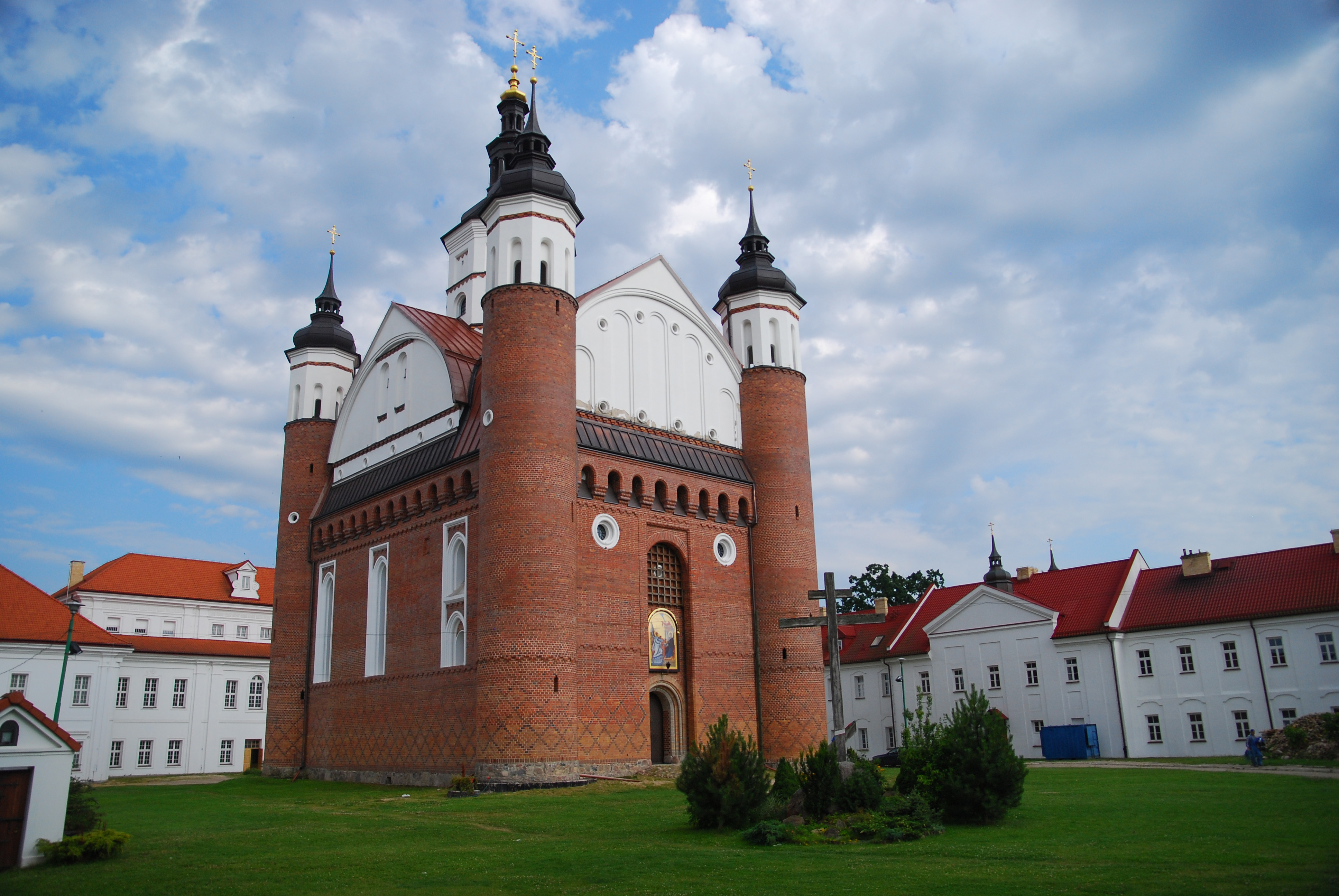|
Chodkiewicz
The House of Chodkiewicz ( be, Хадкевіч; lt, Chodkevičius) was one of the most influential noble families of Lithuanian- Ruthenian descent within the Polish–Lithuanian Commonwealth in the 16th and 17th century.Chester S. L. Dunning, Caryl Emerson, Aleksandr Sergeevich Pushkin, ''The Uncensored Boris Godunov'', Univ of Wisconsin Press, 2007, SBN 0299207641Google Print, p. 498/ref> History Chodko Jurewicz, chamberlain to Grand Duke Vytenis, was probably the ancestor of the whole clan and gave it the name ''Chodkiewicz'', meaning "son of Chodzko". Surnames were not used in that time, but apparently later in history, the name ''Chodzko'' became a surname after Christianization of Chodzko Juriewicz, father of Iwan (later Jan) Chodkiewicz. They bore the Chodkiewicz coat of arms. In 1572, Jan Hieronimowicz Chodkiewicz converted from Calvinism to Roman Catholicism with his two sons, which made them the first Polonized generation of the once Lithuanian-Ruthenian family. E ... [...More Info...] [...Related Items...] OR: [Wikipedia] [Google] [Baidu] |
Jan Karol Chodkiewicz
Jan Karol Chodkiewicz ( lt, Jonas Karolis Chodkevičius, be, Ян Караль Хадкевіч ; 1561 – 24 September 1621) was a military commander of the Grand Ducal Lithuanian Army, who was from 1601 Field Hetman of Lithuania, and from 1605 Grand Hetman of Lithuania. He was one of the most prominent noblemen and military commanders of the Polish–Lithuanian Commonwealth of his era. His coat of arms was Chodkiewicz, as was his family name. He played a major role, often as the top commander of the military of the Polish-Lithuanian Commonwealth, in the Wallachian campaign of 1599–1601, the Polish–Swedish War of 1600–11, the Polish–Muscovite War of 1605–18, and the Polish–Ottoman War of 1620–1621. His most famous victory was the Battle of Kircholm in 1605, in which he dealt a major defeat to a Swedish army three times the size of his own. He died on the front lines during the battle of Khotyn, in the besieged Khotyn Fortress, a few days before the ... [...More Info...] [...Related Items...] OR: [Wikipedia] [Google] [Baidu] |
Aleksander Chodkiewicz
Aleksander Chodkiewicz ( lt, Aleksandras Chodkevičius, , ; ca. 1475 – 28 May 1549) was a Ruthenian noble from the Grand Duchy of Lithuania, Ruthenia and Samogitia, founder of the Supraśl Orthodox Monastery. He inherited vast possessions from his father Ivan Chodkiewicz, which made him 11th wealthiest person in the Grand Duchy according to the military census of 1528. Via his mother Jawnuta (Agnieszka) of the Belsky family, he was second cousin to Kings of Poland John I Albert, Alexander Jagiellon, and Sigismund I the Old. Chodkiewicz quickly gained influence under Alexander Jagiellon, becoming royal marshal. However, after Alexander's's death in 1506 his career stagnated. He supported Queen Bona Sforza, gaining her favor and becoming starost of Brest in 1528. The peak of his career came in 1544 when young Sigismund II Augustus, still influenced by his mother, appointed Chodkiewicz as voivode of Nowogródek and his son Hieronim as castellan of Trakai. Political caree ... [...More Info...] [...Related Items...] OR: [Wikipedia] [Google] [Baidu] |
_(6).jpg)
